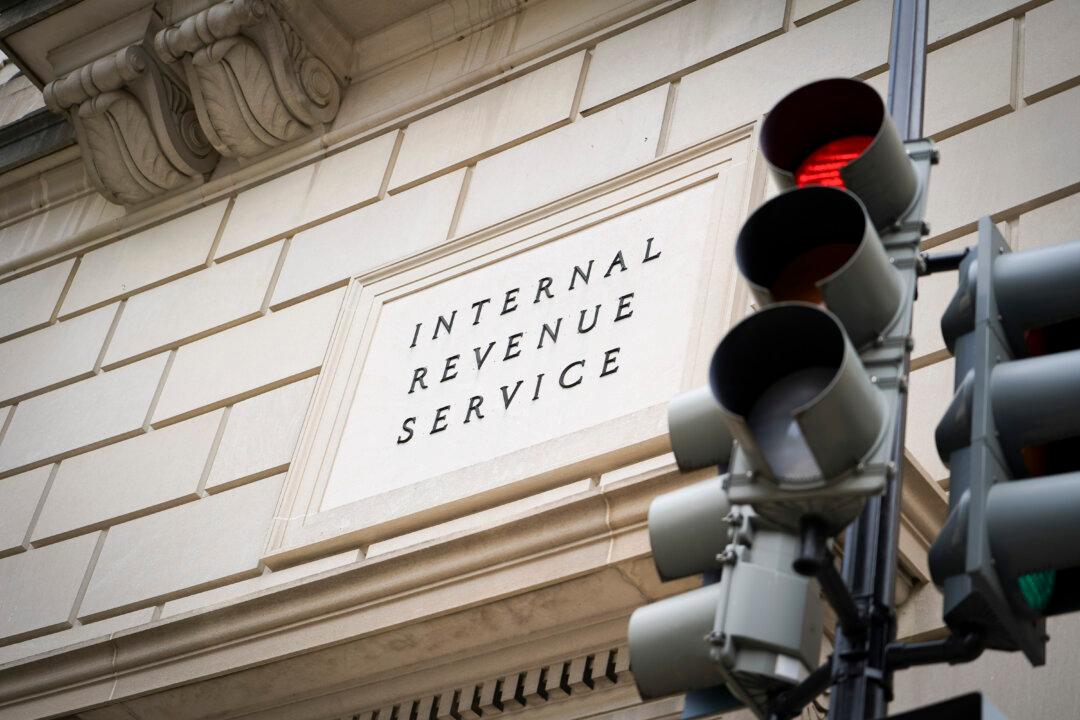The Internal Revenue Service (IRS) issued a warning to taxpayers who improperly claimed a pandemic-era tax credit that they face a fast-approaching deadline to apply for a voluntary disclosure program that will let them avoid penalties and interest—and even get a sharp discount on repayments.
The IRS warned in a March 15 notice that businesses that were “misled” by predatory promoters into filing improper employee retention credit (ERC) claims have until March 22 to take action to fix the problem.





